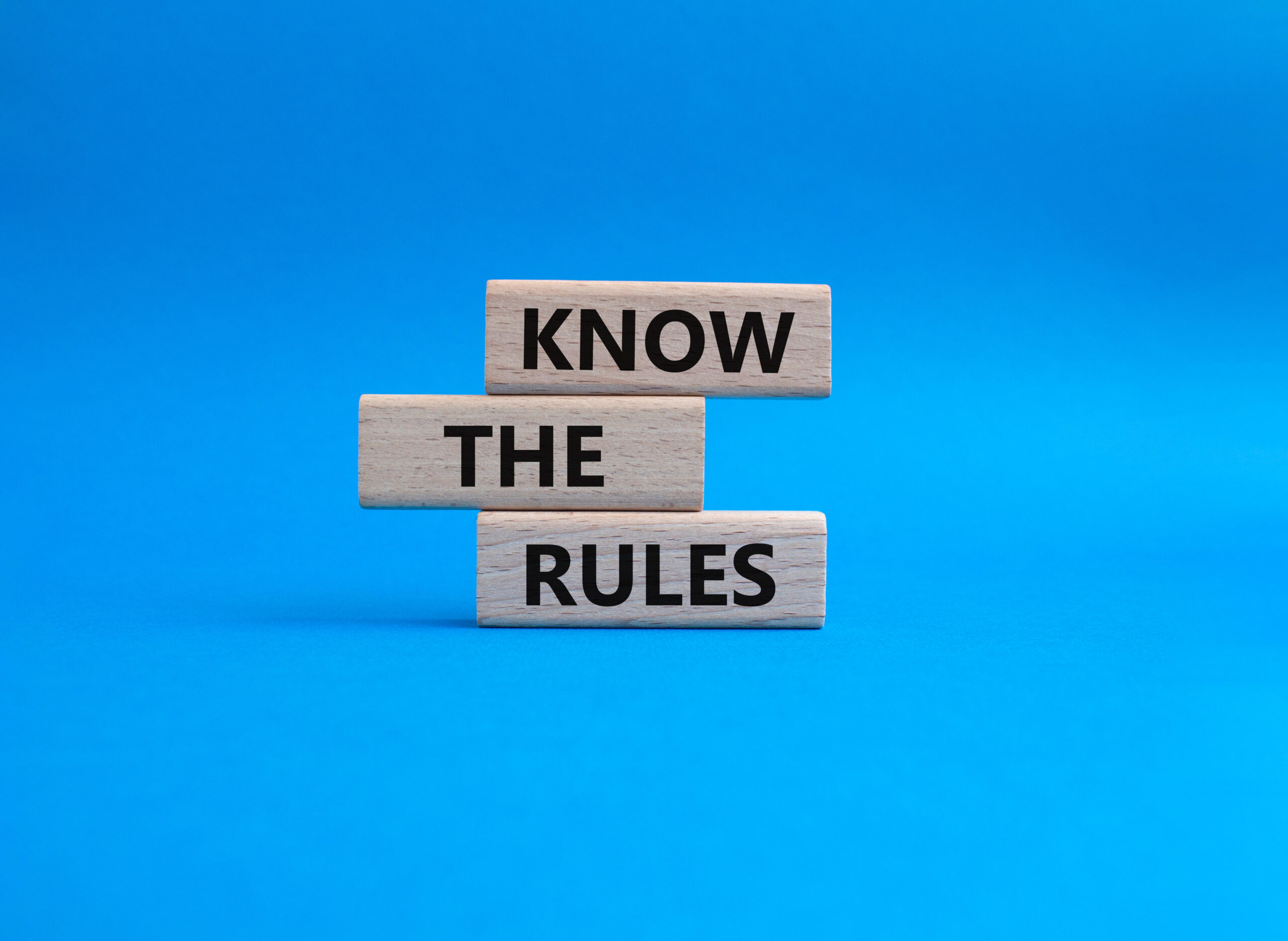Creating a company of value will depend on your ability and willingness to take your training programs to the next level.
It is universally accepted that an excellent training program is a key part of creating an environment of success, especially in the service sectors. Deciding what to include in your training program can be a monumental task unless you have a clear understanding of its purpose – to develop efficient, effective, productive employees who enhance your business and enable you to grow.
Many business owners believe that training is all about teaching someone to clean. But let’s be honest, cleaning is the easy part. Almost anyone can be trained how to clean. There are so many more very important things that must be passed on to new employees! Some of these things are harder to actually put your finger on, so most of us put our energy into the cleaning aspect. Even things that actually are part of the cleaning process (consistency, quality levels, expectations etc.) can easily be overlooked in our drive to just get people trained.
An interesting thing about training is that many companies will spend anywhere from 1-6 weeks training and then think “Great, now I’m done!” Unfortunately, training doesn’t work that way. It’s an ongoing process. But that means it is also an ongoing process of going deeper into consistency, customer service, culture, and engagement issues as well.
Training is a unique opportunity to create the culture you want in your business. There is generally more focus and attention given during the training period. The trainer is more closely watched and paid attention to, providing additional benefits to both the trainer and the trainee in terms of relationship building, standard setting, and deeper understanding.
Thinking of training as an ongoing process – with different topics that are appropriate at different stages – can drastically improve your success at producing quality employees who are self-motivated as well as self-disciplined.
The following is a guide to training outside of the typical cleaning tasks that we are all familiar with. It is not to be considered a comprehensive list but a basic list touching on the when, what, and how of a total training program. Each area is broken down into 4 stages of training:
- Stage 1 – Initial training (0-3 months)
- Stage 2 – Intermediate (3months – 1 year)
- Stage 3 – Advanced (1 – 2 years)
- Stage 4 – Leadership (2 years – life of employment)
Customer Service Training
Stage 1: The new employee needs a basic understanding of the idea that she is in a service business and in service to others. Basic etiquette will need to be taught including saying hello/goodbye, looking someone in the eyes, smiling, saying please/thank you, etc. This can often be accomplished verbally and by modeling.
Stage 2: Consistency of service, determining quality levels, needs of different houses/clients will need to be taught in this stage. Training will need to consist of many examples as well as close supervision of productivity and quality ebbs and flows. Employees may need additional training in areas previously deemed acceptable. Having trackable measures for quality, consistency, and execution as well as processes for handling dips in performance are necessary.
Stage 3: Employees must learn to anticipate the clients’ needs, offer additional services, answer all questions regarding price, time, quality, etc. Training must be able to generate in employees a thorough understanding of all aspects of the service offering and the ability to communicate these effectively. Ideally, training will include 1-5 days of shadowing an experienced customer representative in your office who can offer a new view of the offering of your company. Required reading can be an excellent supplement to intensive in-house training. Consider: What’s the Secret: To Providing a World-Class Customer Experience by John R. DiJulius
Stage 4: For this stage, employees should have experience leading a team and their focus will need to be on the employees to achieve customer satisfaction through the work of others rather than on doing the work themselves. Stage 4 employees are excellent candidates for training Stage 3 employees. Consider additional outside training for Stage 4 employees, such as The Dale Carnegie Leadership course, to supplement your own leadership training program.
Company Culture Training
Stage 1: Employees will need to have a clear understanding of the basic rules and policies that govern your company as well as the people they work with. The culture of your company is largely determined by what the people who work with and for you believe and how they act on those beliefs. Encourage Stage 1 employees to spend time with all stages of other employees and make time – as the owner – to share your vision for your company directly with them. Conversation rather than lecturing or teaching will be the best method to begin sharing the culture of your business.
Stage 2: Understanding that the culture of the company is derived from the people will need to be encouraged and fostered. Allow opportunities for employees to make an impact on day-to-day decisions regarding their immediate jobs. Do this by asking for opinions by survey or other methods. Incorporate ideas into the procedures and policies that govern your company. Not all ideas and suggestions will be adopted, but there needs to be a clear understanding that ideas that mesh with the vision of the company will be respected.
Stage 3: Employees at this stage should play a larger role in hiring, molding, and training lower level employees. They should understand clearly what their strengths are and what value they bring to the company and to the culture. These employees will need to be taught how individuals contribute to the overall culture of the company. Give Stage 3 employees more time with the owner and with lower level employees. Have a measure of values that is readily seen by all employees such as awards, pins, graphs, etc.
Stage 4: The focus of stage 4 employees will shift from self to others and the good of the company. These employees will need to have hiring/firing capabilities and be in alignment with all aspects of the overall culture of the company. Consider an extended training camp opportunity that is created and taught by Stage 4 employees to deepen and intensify the company culture.
Employee Engagement Training
Stage 1: Basic cleaning skills are all that are needed during this stage of training. The employee should remain very engaged through the entire stage, and the trainer (often a Stage 3 employee) is responsible for actively leading stage 1 employees to be both responsively and proactively engaged. Yes, engagement must be taught/trained, especially in a company culture that relies on a high level of engagement.
Stage 2: Employees will need to understand what more there is in the job for them other than cleaning. Help them to see the value they bring to the people they serve. Provide additional opportunities to volunteer time or energy in the community as part of your group. Parades, food drives, help for the homeless are all causes that can assist in your efforts to engage your employees in the operations of the company.
Stage 3: Employees at this stage may need more reminders about the part they play in the future of the company and the possibilities that are available to them. Work and development plans will be crucial at this stage as will be opportunities for advancement and new learning opportunities. Leadership roles that have more responsibilities will come into play in a good way at this stage.
Stage 4: These employees will need to be assisting in setting the direction and goals for your company. Sharing in successes and failures (to an extent) can also be beneficial in Stage 4. Schedule regular strategic meetings that stage 4 employees are required to attend. Use the information they provide and take action or empower them to take action.
As you can see, there is a lot more to training than just cleaning. Creating a company of value will depend on your ability and willingness to take your training programs to the next level.
Liz Trotter is founder of American Maid Cleaning as well as an entrepreneur and leadership trainer based in Olympia, Washington. She is also a former ARCSI baord member, a partner in Cleaning Business Builders, creator of the HiPEP employee development system and a charter member of Cleaning For A Reason.





